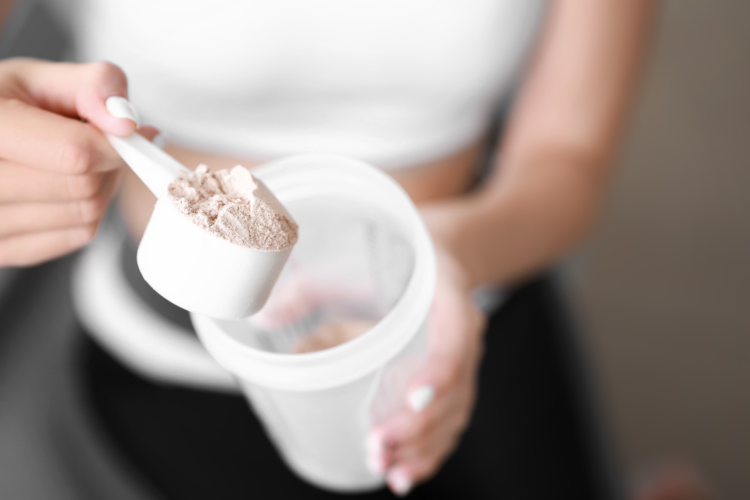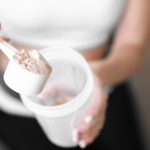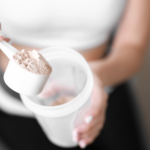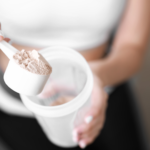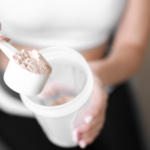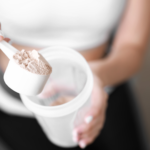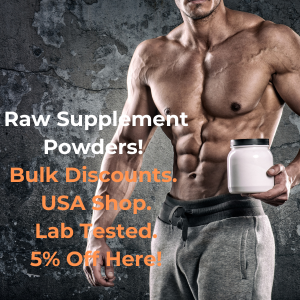Protein shakes have long been favored by fitness enthusiasts as a convenient way to increase protein intake and support muscle growth. However, their effects on gut health have become a topic of interest and concern in recent years. Understanding how protein shakes affect gut health is essential for individuals who incorporate them into their daily nutrition regimen.
- BCAA Supplements To Increase Energy
- Does BCAA Supplements Boost Testosterone
- Are BCAA Supplements Good For Runners
- BCAA Supplements And Depression Is There A Link
- BCAA And Keto What You Need To Know
- BCAA Supplement Benefits And Side Effects
One potential concern regarding protein shakes is their impact on gut microbiota, the diverse community of microorganisms that inhabit the gastrointestinal tract and play a crucial role in digestion, immune function, and overall health. Some research suggests that high-protein diets, including those supplemented with protein shakes, may alter the composition of gut microbiota, potentially leading to dysbiosis—a disruption in the balance of beneficial and harmful bacteria in the gut. Dysbiosis has been associated with various gastrointestinal disorders and conditions, highlighting the importance of maintaining a healthy gut microbiome.
Moreover, the ingredients used in protein shakes, such as protein powders, sweeteners, and additives, may influence gut health. Certain protein powders, especially those derived from whey or casein, can contain lactose or other components that some individuals may have difficulty digesting, leading to gastrointestinal discomfort such as bloating, gas, or diarrhea. Additionally, artificial sweeteners and additives found in some protein shakes may have a laxative effect or disrupt gut microbiota, further impacting digestive health.
On the other hand, protein shakes can also support gut health when consumed as part of a balanced diet. High-quality protein sources, such as whey, casein, pea, or soy protein, provide essential amino acids that support gut lining integrity and repair. Additionally, protein shakes can be fortified with prebiotic fibers, probiotics, or digestive enzymes, which can promote the growth of beneficial gut bacteria and improve digestion. Choosing protein shakes made with natural, minimally processed ingredients and incorporating them into a diverse and nutrient-rich diet can help support gut health while reaping the benefits of increased protein intake for muscle growth and overall well-being. Shop raw supplements, bulk discount, lab tested 5% off here!
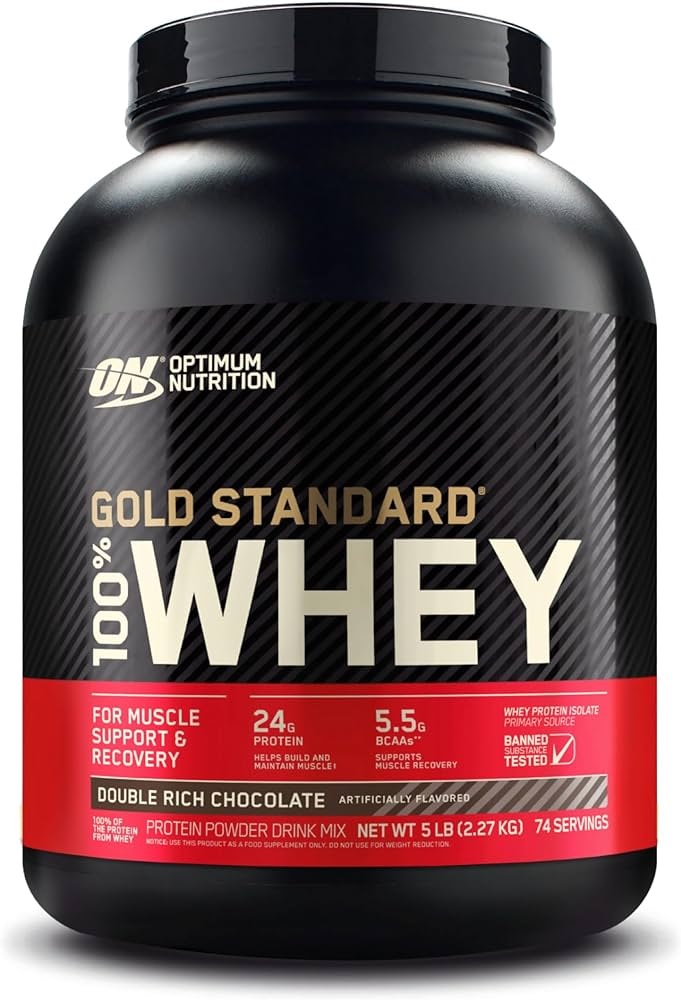
Buy Protein Powder Online
We Have Some Of The Best Protein Powder Out There!
Come have a look what types of Protein we have? Shop the best Protein Powder! We have found the best deals! Or please feel free to read more about the many benefits of Protein supplements on site.
FAQs
Do protein shakes have a negative impact on gut microbiota?
Protein shakes, especially those high in protein, may potentially alter the composition of gut microbiota. High-protein diets, including those supplemented with protein shakes, have been associated with changes in gut microbiota composition, which can lead to dysbiosis—a disruption in the balance of beneficial and harmful bacteria in the gut. However, the extent of this impact may vary depending on individual factors such as diet, overall health, and microbiome composition.
Can protein shake ingredients affect digestive health?
Yes, certain ingredients commonly found in protein shakes, such as protein powders, sweeteners, and additives, may influence digestive health. For example, protein powders derived from sources like whey or casein may contain lactose or other components that some individuals find difficult to digest, leading to gastrointestinal discomfort such as bloating, gas, or diarrhea. Additionally, artificial sweeteners and additives in protein shakes may have a laxative effect or disrupt gut microbiota, further impacting digestive health.
How can protein shakes support gut health?
Despite potential concerns, protein shakes can also support gut health when consumed as part of a balanced diet. High-quality protein sources found in protein shakes, such as whey, casein, pea, or soy protein, provide essential amino acids that support gut lining integrity and repair. Additionally, protein shakes can be fortified with prebiotic fibers, probiotics, or digestive enzymes, which promote the growth of beneficial gut bacteria and improve digestion.
What are some tips for choosing protein shakes that support gut health?
To support gut health while enjoying the benefits of protein shakes, opt for products made with natural, minimally processed ingredients. Look for protein shakes that contain high-quality protein sources, are low in added sugars, and free from artificial sweeteners and additives. Additionally, consider choosing protein shakes that are fortified with prebiotic fibers or probiotics to further support gut microbiota balance and digestive function.
